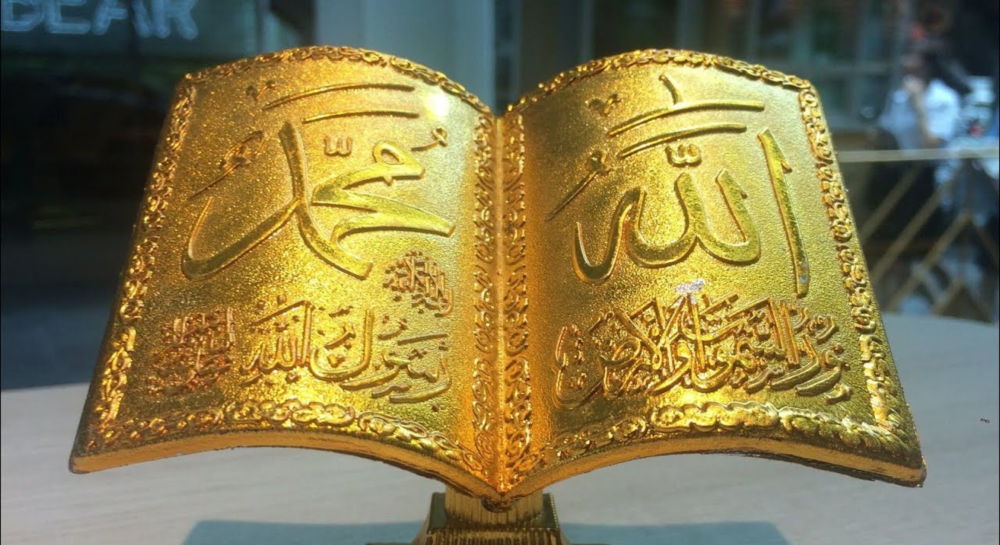Gold has always been a symbol of value and wealth throughout the ages, but in Islam it holds a special significance that goes beyond its material value. It is mentioned in the Holy Quran and the Sunnah in multiple contexts that reflect its economic, social, and religious status. In this article, we will review how Islam views gold, its legal rulings, and its importance in the lives of Muslims.

Gold in the Holy Quran
Gold is mentioned in many verses of the Qur’an, where it is used to indicate bliss and reward in the afterlife, as in the Almighty’s saying:
“They will be adorned therein with bracelets of gold and pearls, and their garments therein will be silk.” (Fatir: 33)
In other places, God Almighty mentions gold as a trial and test for people:
“Beautified for people is the love of desires - of women and children and heaped-up sums of gold and silver.” (Al Imran: 14)
These verses show Islam's balanced view of gold, which is considered a blessing from God that can be used lawfully, but it can be a source of temptation if a person does not handle it properly.

Gold in the Sunnah
The hadiths of the Prophet came to clarify the rulings related to gold, the most important of which are:
Prohibition of gold for men: It was mentioned in the noble hadith that the Prophet, may God bless him and grant him peace, said:
“Wearing silk and gold is forbidden for the males of my nation, but is permissible for their females” (Narrated by Al-Tirmidhi).
This indicates the special nature of gold as a form of adornment for women, and its prohibition for men to avoid extravagance and ostentation.
Rulings on Zakat on gold: Islam imposed Zakat on gold if it reached the minimum amount and a year had passed on it, as reported from the Prophet, may God bless him and grant him peace:
“There is no charity on less than five ounces” (Narrated by Al-Bukhari and Muslim).
The minimum amount is set at 85 grams of pure gold.
Gold as a medium of exchange: Gold was used as currency in the early Islamic era, and gold dinars were set at a specific weight to ensure justice in financial transactions.
Rulings on gold in Islam
1. Gold and Savings
Muslims are permitted to save gold as a source of financial security and to protect wealth from inflation, provided that the obligatory zakat is paid on it.
2. Gold and investment
Islam encourages investing in gold in legitimate ways, such as trading it in a manner based on legitimate speculation, and avoiding usury and monopoly.
3. Ruling on gold jewelry for women
It is permissible for a woman to adorn herself with gold in accordance with Islamic regulations, while observing moderation and avoiding extravagance and ostentation.
The importance of gold in the lives of Muslims
Safe haven for the economy : Gold is considered one of the most stable assets in the long term.
A legitimate means of saving : Many Muslims prefer to save in gold due to its legal and economic stability.
A tool for legitimate adornment : Gold is distinguished by its beauty and positive effect on the psychological and moral aspects.
conclusion
In Islam, gold is more than just a precious metal; it carries profound religious, economic, and social meanings. Through Quranic and prophetic guidance, Muslims are able to treat gold in a balanced way that benefits them without falling into extravagance or exaggeration.
Therefore, understanding the rulings of gold in Islam is essential to achieve legitimate benefit from it and ensure adherence to Islamic teachings in all financial transactions related to it.

